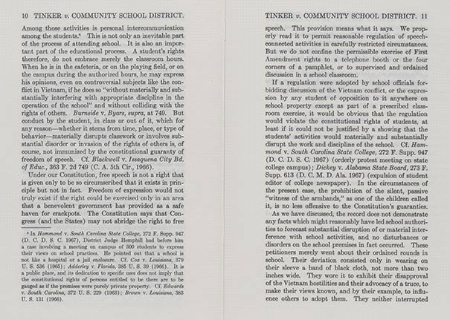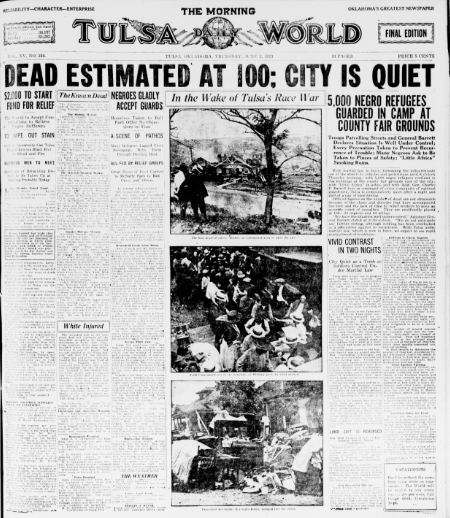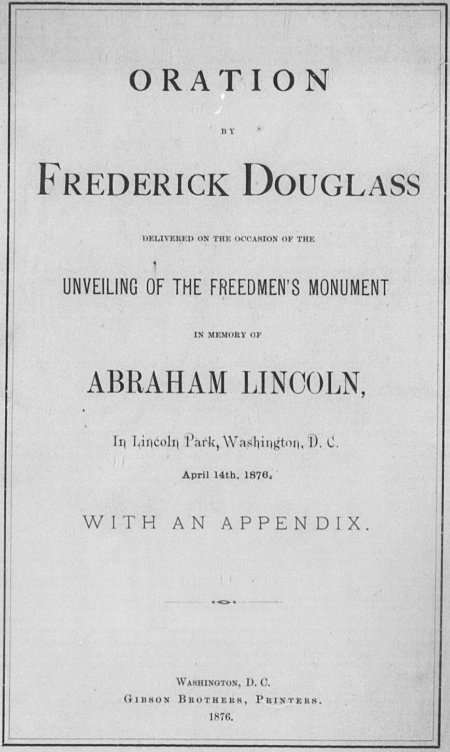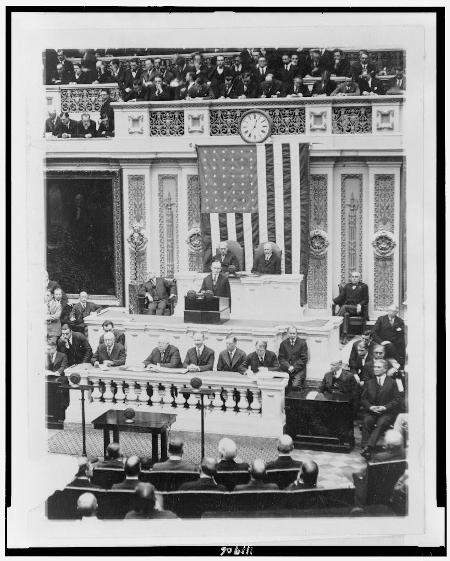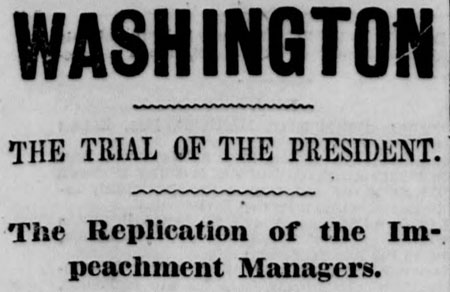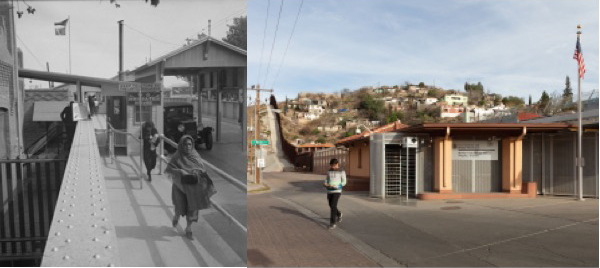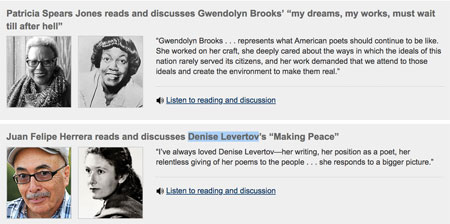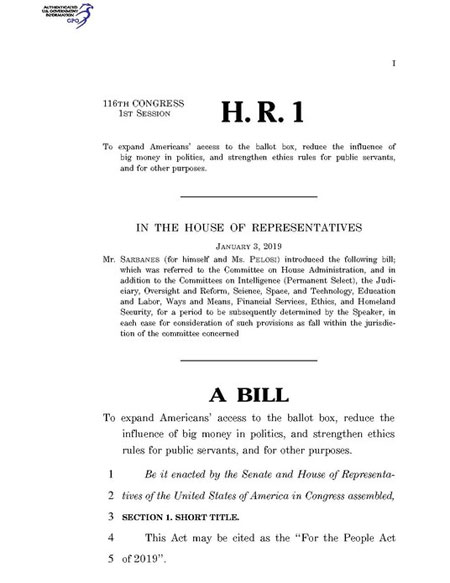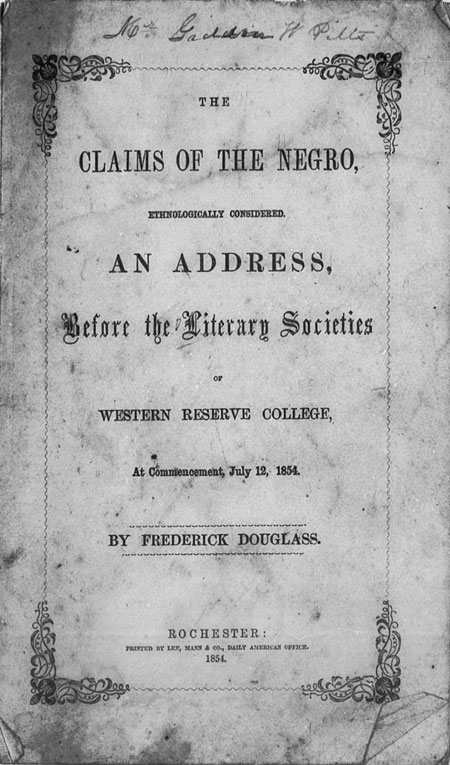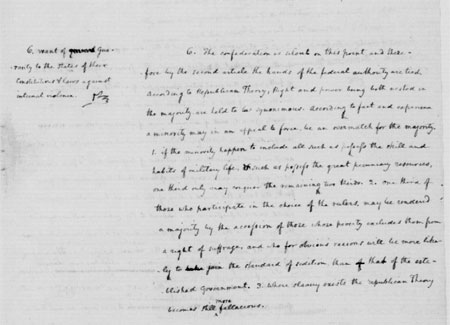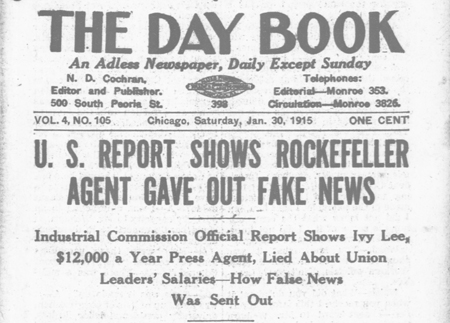Timely Connections: Constitutional Rights of Students
Every year the United States celebrates Constitution Day on September 17. How much do you know about U.S. constitutional rights? Did you know that those rights are different in the context of public schools? School officials have significant leeway when instituting and enforcing rules to maintain a safe environment conducive to learning but, over the…
